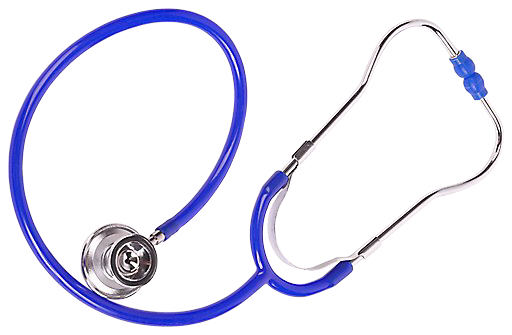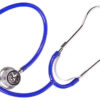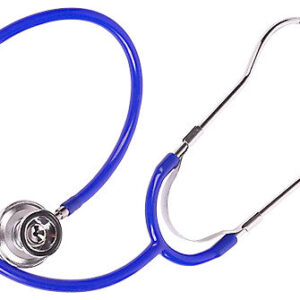Harold was a patient with metastatic bowel cancer – he had just months to live. Over his lifetime, he had been instrumental in transforming acres of farmland into the village that he grew to love. This legacy was extremely important to Harold. In an effort to keep this heritage alive, he had large posters made of photos, and he even used his carpentry skills to create an entire model of the town. Upon hospice visits, his only focus was teaching his caregivers about this legacy; he did not want it lost with his death.
His caregivers began videotaping him sharing the story of his village – but that wasn’t enough for Harold. With his permission, a local TV station was brought in, focusing on the model, photos, and the stories behind them. The TV personnel never mentioned that Harold was ill. The video aired on the local station, and Harold was ecstatic – and at peace. He passed away soon after, his legacy preserved.
In this compelling recording, multiple case studies like Harold’s will provide you with examples that you can incorporate when caring for the terminally ill. Caring for patients with end stage disease requires extreme sensitivity, deep compassion, and extraordinary knowledge. In order to deliver expert, holistic care, healthcare professionals need to have a toolbox full of new interventions to promote quality of life.
Each particular end stage disease has unique complexities for the patient, the family, and the healthcare professional – and this recording will cover specific strategies for caring for these patients.
Did you know that a patient seeking a liver transplant can be on hospice care while waiting? We will discuss how this is done.
What can we do for patients with COPD who’s seemingly only solution for an exacerbation is a visit to the ER? We have an intervention for this.
How can we keep costs down without sacrificing patient care? We’ll give you the latest strategies, proven successful in practice.
It’s time to think outside the box.
Walk away from this recording with new tools for quality support – and care when there is no cure.



